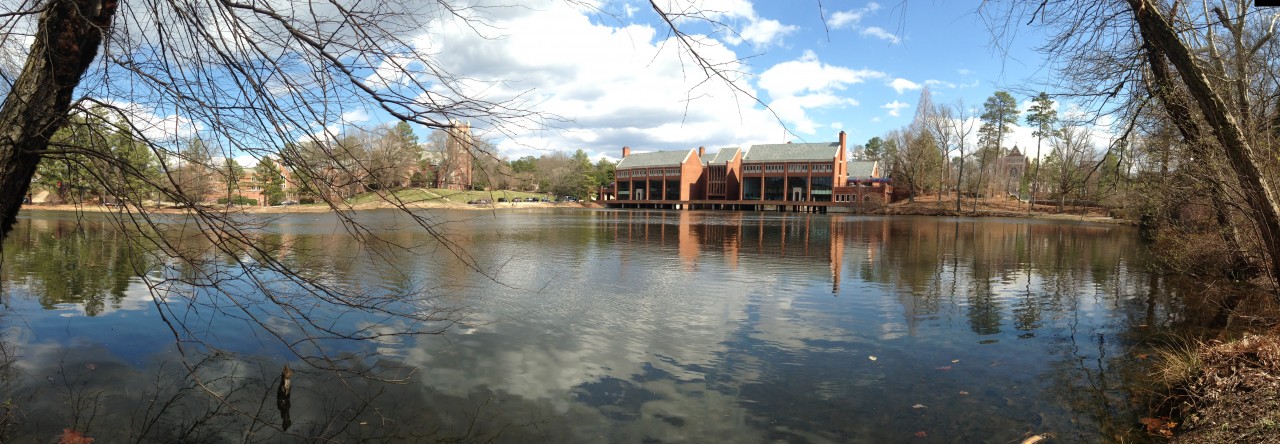Spread the word, let’s help our collaborators in Puerto Rico!
Project Monkey Island and the International Primatological Society is seeking volunteers for their fourth trip to the Cayo Santiago Biological Station, Caribbean Primate Research Center, in Punta Santiago, Puerto Rico.
The trip is scheduled for January 2-12th, 2019 and has the mission to continue to clean up Cayo Santiago and begin building structures like water collection systems and corrals, as well as planting trees to reforest the island. Volunteers will also contribute to repair the primate center’s offices and various houses, schools, and other structures in Punta Santiago. As Project Monkey Island continue these efforts, this project will serve as a template and proof of concept for Primatologists Without Borders, an entity created within the International Primatological Society to provide intermediate- and long-term relief to facilities and communities associated with nonhuman primates that have been
affected by natural disasters.
Opportunities for shared costs with other volunteers for housing, food, and transportation are available.
For more information on the project, please visit: https://www.projectmonkeyisland.org/index.html
Click here for informational brochure.
Questions: Raisa Hernandez, rhernan2@richmond.edu
